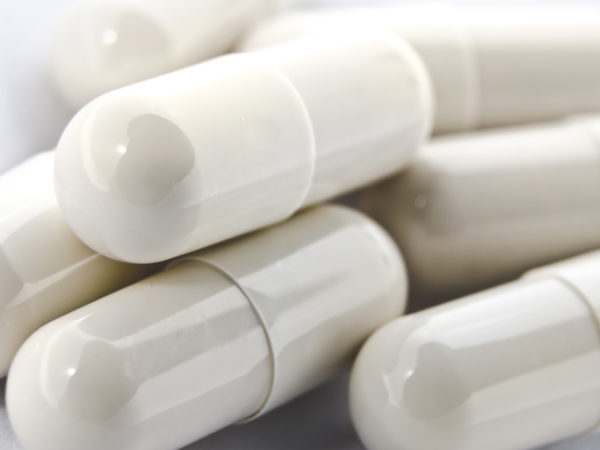Homeostatic Soil Organisms: Another Health Scam?
I’ve been reading about homeostatic soil organisms (HSOs) and how they can improve health. Could you give me your viewpoint?
Andrew Weil, M.D. | July 20, 2004

Homeostatic soil organisms (HSOs) are being promoted on the Internet as a “super” probiotic that will provide the body with beneficial bacteria. Supposedly, these organisms are no longer otherwise available to us because pesticides and other chemicals have eliminated them from the soil in which our foods are grown. The sales pitches for these products also claim that the digestive system is the source of good health and that you need the various components of HSOs to eliminate parasites, bad bacteria, and whatever else may be interfering with your health.
There are clear benefits from taking probiotics. These products can replenish the “friendly”? bacteria that keep the digestive system functioning normally but may be wiped out by antibiotics or infection. In the colon, these microbes help complete the digestive process, and some actually produce vitamins. There is even evidence that without normal “friendly” bacteria in the digestive tract, our immune system wouldn’t function properly, and we would be less resistant to harmful bugs. The immediate effects of the disruption of normal gut flora by antibiotics are often diarrhea, cramping, bloating, or other unpleasant digestive symptoms.
To avoid these problems, I recommend taking probiotics whenever you are taking antibiotics. Probiotics can also help ease the symptoms of irritable bowel syndrome and can counter such yeast infections as oral thrush. In all of these instances, I recommend Lactobacillus GG. This strain has been well studied and survives passage through the strong acid of the stomach and actually makes it into the intestinal tract where it’s needed. One brand containing lactobacillus GG is Culturelle.
As far as HSOs are concerned, they’re more likely to profit their manufacturers than they are to help you. I have not seen any good research to back the claims made for them.
Andrew Weil, M.D.









